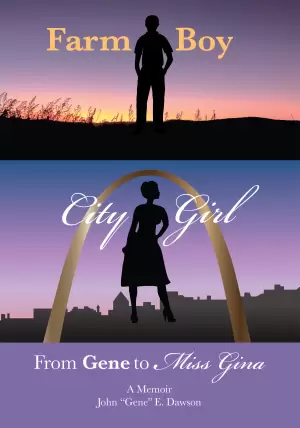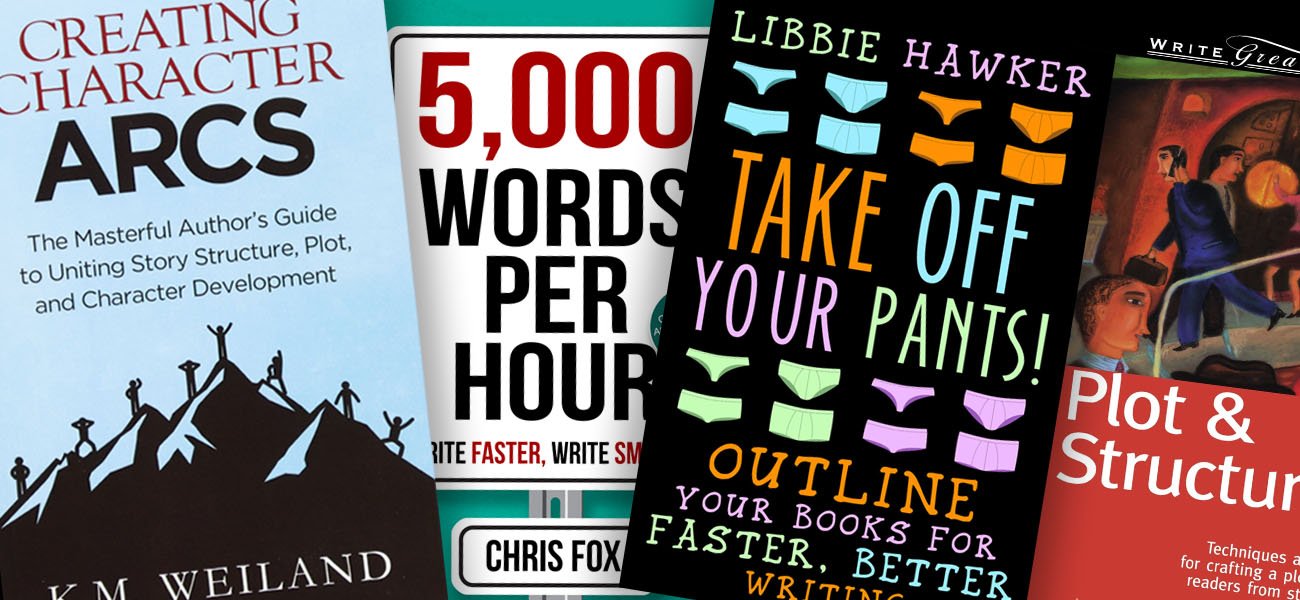
04 Jul 7 Best Books for Writers
Nothing humbles me more than reading a book about writing that breaks new grounds. It amazes me how little I know about the craft of writing after such a read. I’m left feeling elementary but also empowered to do something great.
You too should be striving to find new methods for improving yourself as a writer. However, narrowing down what might work for you is a tricky process and with a plethora of books out there, each one having their own brilliant unique process can be quiet the daunting task.
For many of us, the only way to improve is to do, but for that, you have to know what to do. Remember I said there was an abundance of books on the writing craft? Well, I wasn’t kidding, and if you aren’t careful and research hardcore what you are getting into, you could be wasting money and more importantly your time, as not all writing books are created equal.
I have created a list of some of the best books for writers. This list barely scratches the surface but will entice you just enough to figure out what your writing style is and how to implement that into your daily writing routine. So get busy reading and studying and prepare your journey in mastering your writing craft!
7 Best Books for Writers
Best Books for Writers #1: Creating Character Arcs by K.M. Weiland
“The best thing I learned from this book was How to embrace THE LIE as it drives everything that follows. However, don’t be so fixated on one type of Character Arc that you overlook the advantages of the others.”
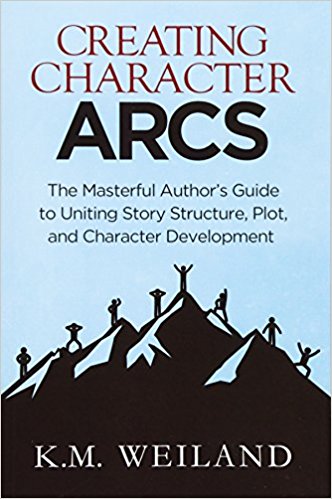 Book Summary: Powerful Character Arcs Create Powerful Stories Have you written a story with an exciting concept and interesting characters—but it just isn’t grabbing the attention of readers or agents? It’s time to look deeper into the story beats that create realistic and compelling character arcs. Internationally published, award-winning novelist K.M. Weiland shares her acclaimed method for achieving memorable and moving character arcs in every book you write. By applying the foundation of the Three-Act Story Structure and then delving even deeper into the psychology of realistic and dynamic human change, Weiland offers a beat-by-beat checklist of character arc guidelines that flexes to fit any type of story.
Book Summary: Powerful Character Arcs Create Powerful Stories Have you written a story with an exciting concept and interesting characters—but it just isn’t grabbing the attention of readers or agents? It’s time to look deeper into the story beats that create realistic and compelling character arcs. Internationally published, award-winning novelist K.M. Weiland shares her acclaimed method for achieving memorable and moving character arcs in every book you write. By applying the foundation of the Three-Act Story Structure and then delving even deeper into the psychology of realistic and dynamic human change, Weiland offers a beat-by-beat checklist of character arc guidelines that flexes to fit any type of story.
Get Weiland’s Creating Character Arcs>>
Best Books for Writers #2: 5,000 Words Per Hour by Chris Fox
“I’ve read several books on increasing writing speed (some also recommended by Chris Fox) but this may be the most practical of them all. Chris gives you a plan for increasing your hourly (and daily) word count. A real, practical plan. One that you can start on immediately.”
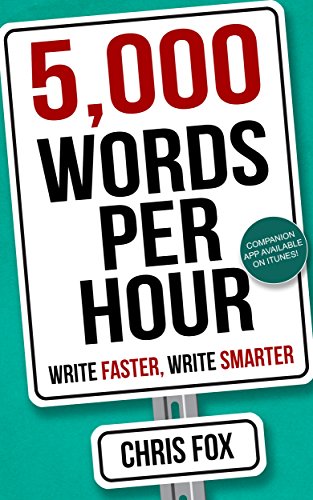 Book Summary: 5,000 words an hour. Total BS, right? Check the reviews and you’ll see that some people exceed that. Those that don’t still write faster and more consistently after reading this book. It really works.
Book Summary: 5,000 words an hour. Total BS, right? Check the reviews and you’ll see that some people exceed that. Those that don’t still write faster and more consistently after reading this book. It really works.
The fastest way to succeed as an author is to write more books. How do you do that with a day job, family, school or all your other time commitments? The secret is efficiency.
5K WPH will help you maximize your writing time by building effective habits that both measure and increase your writing speed.
– Create an effective writing habit
– Track and improve your Words Per Hour
– Stop the endless editing and tinkering so you can finish your draft
– Use voice dictation software to dramatically increase words per hour.
It’s time to shift your writing into high gear. Write Faster, Write Smarter!
Get Fox’s 5,000 Words Per Hour>>
Best Books for Writers #3: Outlining Your Novel by K. M. Weiland
“There are SO MANY resources available for growing writers. Personally, I have found K.M. Weiland’s series, along with her podcasts and blog, to be the best fit for me. This Outlining book comes first (although beginners might also benefit from her productivity/writer’s block book).”
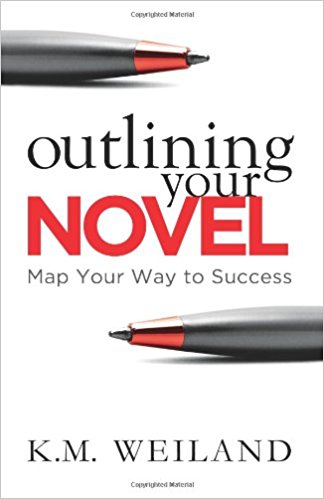 Book Summary: Writers often look upon outlines with fear and trembling. But when properly understood and correctly wielded, the outline is one of the most powerful weapons in a writer’s arsenal.
Book Summary: Writers often look upon outlines with fear and trembling. But when properly understood and correctly wielded, the outline is one of the most powerful weapons in a writer’s arsenal.
K.M. Weiland lives in make-believe worlds, talks to imaginary friends, and survives primarily on chocolate truffles and espresso. She is the IPPY, NIEA, and Lyra Award-winning and internationally published author of the acclaimed writing guides Outlining Your Novel, Structuring Your Novel, and Creating Character Arcs, as well as Jane Eyre: The Writer’s Digest Annotated Classic, the historical/dieselpunk adventure Storming, the portal fantasy Dreamlander, the medieval epic Behold the Dawn, and the western A Man Called Outlaw. When she’s not making things up, she’s busy mentoring other authors on her award-winning blog helpingwritersbecomeauthors.com. She makes her home in western Nebraska.
Get Weiland’s Outlining Your Novel>>
Best Books for Writers #4: Plot & Structure by James Scott Bell
“Absolutely the best, most informative “how to” instructional book on writing I’ve ever read and studied. And I’ve perused plenty, by the way.”
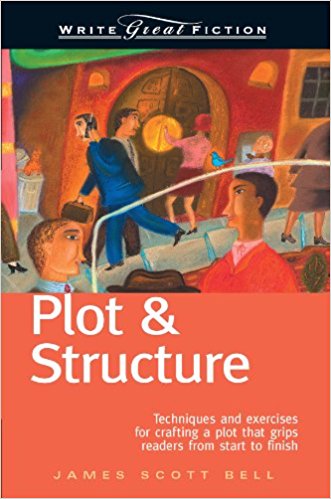 Book Summary: How does plot influence story structure? What’s the difference between plotting for commercial and literary fiction? How do you revise a plot or structure that’s gone off course?
Book Summary: How does plot influence story structure? What’s the difference between plotting for commercial and literary fiction? How do you revise a plot or structure that’s gone off course?
With “Write Great Fiction: Plot & Structure,” you’ll discover the answers to these questions and more. Award-winning author James Scott Bell offers clear, concise information that will help you create a believable and memorable plot, including: Techniques for crafting strong beginnings, middles, and endsEasy-to-understand plotting diagrams and chartsBrainstorming techniques for original plot ideasThought-provoking exercises at the end of each chapterStory structure models and methods for all genresTips and tools for correcting common plot problems
Filled with plot examples from popular novels, comprehensive checklists, and practical hands-on guidance, “Write Great Fiction: Plot & Structure” gives you the skills you need to approach plot and structure like an experienced pro.
Get Bell’s Story & Structure>>
Best Books for Writers #5: Take Off Your Pants! by Libbie Hawker
“This book may have been the best investment I’ve made for my writing career—at $2.99 it was a complete steal.”
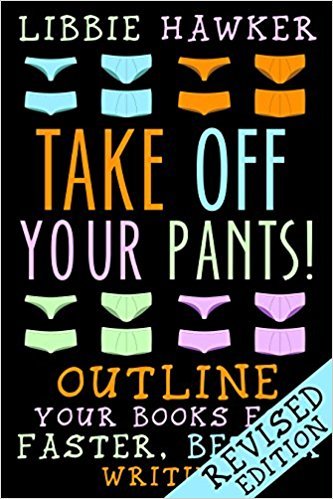 Book Summary: When it comes to writing books, are you a “plotter” or a “pantser?” Is one method really better than the other?
Book Summary: When it comes to writing books, are you a “plotter” or a “pantser?” Is one method really better than the other?
In this instructional ebook, author Libbie Hawker explains the benefits and technique of planning a story before you begin to write. She’ll show you how to develop a foolproof character arc and plot, how to pace any book for a can’t-put-down reading experience, and how to ensure that your stories are complete and satisfying without wasting time or words.
Hawker’s outlining technique works no matter what genre you write, and no matter the age of your audience. If you want to improve your writing speed, increase your backlist, and ensure a quality book before you even write the first word, this is the how-to book for you.
Take off your pants! It’s time to start outlining.
Get Hawker’s Take Off Your Pants!>>
Best Books for Writers #6: The Anatomy of Story by John Truby
“All that aside, Truby provides a really powerful structure and thought process for crafting a good story. Reading how characters and symbols drive change was really fascinating. I’d recommend this for anyone interested in creating a narrative.”
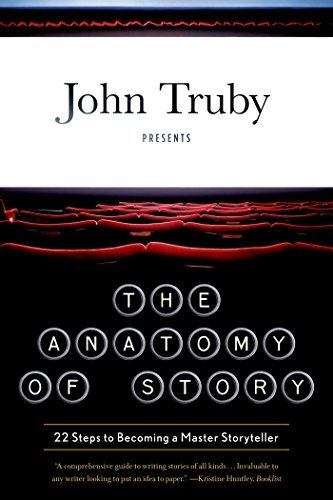 Book Summary: John Truby is one of the most respected and sought-after story consultants in the film industry, and his students have gone on to pen some of Hollywood’s most successful films, including Sleepless in Seattle, Scream, and Shrek. The Anatomy of Story is his long-awaited first book, and it shares all of his secrets for writing a compelling script. Based on the lessons in his award-winning class, Great Screenwriting, The Anatomy of Story draws on a broad range of philosophy and mythology, offering fresh techniques and insightful anecdotes alongside Truby’s own unique approach for how to build an effective, multifaceted narrative. Truby’s method for constructing a story is at once insightful and practical, focusing on the hero’s moral and emotional growth. As a result, writers will dig deep within and explore their own values and worldviews in order to create an effective story. Writers will come away with an extremely precise set of tools to work with—specific, useful techniques to make the audience care about their characters, and that make their characters grow in meaningful ways. They will construct a surprising plot that is unique to their particular concept, and they will learn how to express a moral vision that can genuinely move an audience.
Book Summary: John Truby is one of the most respected and sought-after story consultants in the film industry, and his students have gone on to pen some of Hollywood’s most successful films, including Sleepless in Seattle, Scream, and Shrek. The Anatomy of Story is his long-awaited first book, and it shares all of his secrets for writing a compelling script. Based on the lessons in his award-winning class, Great Screenwriting, The Anatomy of Story draws on a broad range of philosophy and mythology, offering fresh techniques and insightful anecdotes alongside Truby’s own unique approach for how to build an effective, multifaceted narrative. Truby’s method for constructing a story is at once insightful and practical, focusing on the hero’s moral and emotional growth. As a result, writers will dig deep within and explore their own values and worldviews in order to create an effective story. Writers will come away with an extremely precise set of tools to work with—specific, useful techniques to make the audience care about their characters, and that make their characters grow in meaningful ways. They will construct a surprising plot that is unique to their particular concept, and they will learn how to express a moral vision that can genuinely move an audience.
The foundations of story that Truby lays out are so fundamental they are applicable—and essential—to all writers, from novelists and short-story writers to journalists, memoirists, and writers of narrative non-fiction.
Get Truby’s The Anatomy of Story>>
Best Books for Writers #7: Story Engineering by Larry Brooks
“I’ve read lots of books on the craft of writing and this one beats them all so far, hands down because it’s not about writing, it’s about storytelling, which is what fiction writers are attempting to do. Tell stories. Larry Brooks’ has a voice that I’ve heard on VLOGS before and so it helped to put his voice into each word as I read it.”
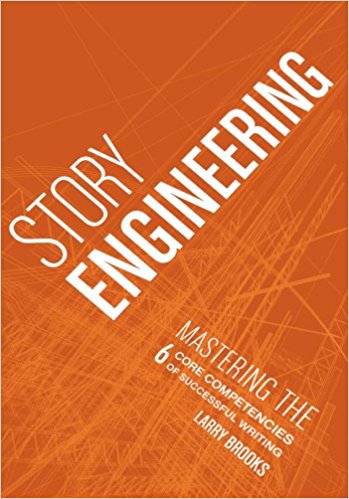 Book Summary: The vast majority of writers begin the storytelling process with only a partial understanding where to begin. Some labor their entire lives without ever learning that successful stories are as dependent upon good engineering as they are artistry. But the truth is, unless you are master of the form, function and criteria of successful storytelling, sitting down and pounding out a first draft without planning is an ineffective way to begin.
Book Summary: The vast majority of writers begin the storytelling process with only a partial understanding where to begin. Some labor their entire lives without ever learning that successful stories are as dependent upon good engineering as they are artistry. But the truth is, unless you are master of the form, function and criteria of successful storytelling, sitting down and pounding out a first draft without planning is an ineffective way to begin.
Story Engineering starts with the criteria and the architecture of storytelling, the engineering and design of a story–and uses it as the basis for narrative. The greatest potential of any story is found in the way six specific aspects of storytelling combine and empower each other on the page. When rendered artfully, they become a sum in excess of their parts.




